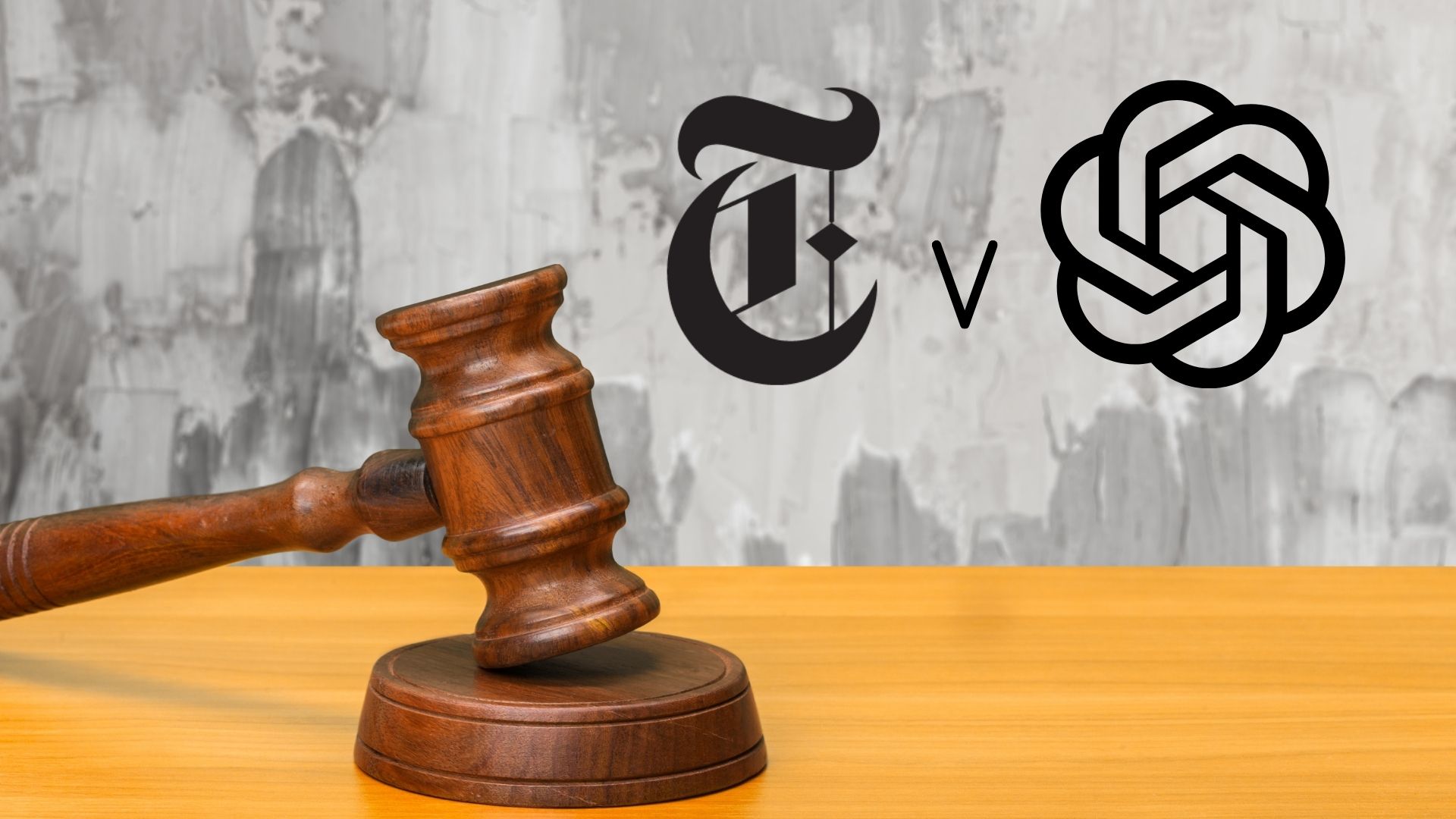OpenAI has introduced a new group chat feature in its ChatGPT app, currently piloted across Japan, New Zealand, South Korea and Taiwan. The rollout aims to test how users will interact in multi-participant conversations with the AI.
The pilot enables Free, Plus, and Team users on both mobile and web platforms to start or join group chats of up to 20 participants, where ChatGPT can participate as a member.
Human-to-human messages do not count against AI usage quotas; usage only applies when the AI replies. Group creators remain in charge of membership; invite links are used for access, and additional safeguards are applied when participants under the age of 18 are present.
This development marks a significant pivot from one-on-one AI assistants toward collaborative workflows, messaging and shared decision-making.
From a digital policy and governance perspective, this new feature raises questions around privacy, data handling in group settings, the role of AI in multi-user contexts and how usage quotas or model performance might differ across plans.
Would you like to learn more about AI, tech and digital diplomacy? If so, ask our Diplo chatbot!










